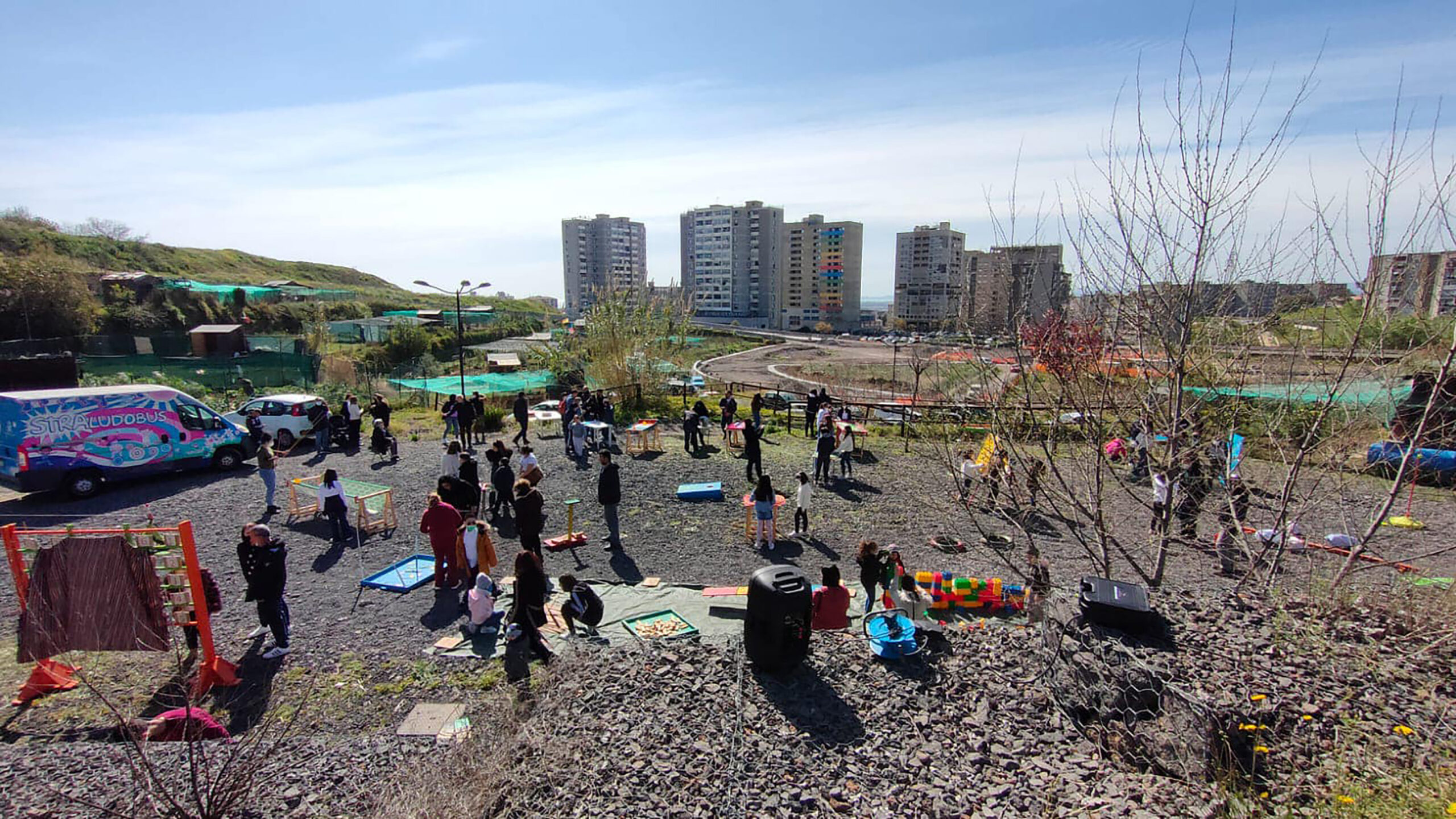The “The Future is Resilient: Transformative Change through Civic Engagement” Conference in Skopje from 26 to 27 March 2025 is dedicated to exploring innovative strategies and practices in urban planning to enhance the social resilience of urban neighborhoods. The aims are to bring together leading academics, urban planners, policymakers, and community leaders from across Europe and beyond to discuss, share, and collaborate on cutting-edge approaches to urban planning, civic engagement and neighborhood resilience.
This conference is dedicated to how cities or neighborhoods can increase their (social) resilience by using or actively supporting civic engagement. Therefore, the conference addresses the following goals and priorities:
- Civic engagement in urban development: To identify how and to what extent community-based activities and initiatives contribute to urban development.
- Enhance Social Participation in Urban Planning: To explore and share methods for increasing civic engagement and participatory planning processes in urban environments.
- Promote Resilient and Sustainable Urban Design: To identify and discuss strategies that enhance the resilience and sustainability of urban neighborhoods.
- Present Real-World Civil Actions: To analyze successful examples of resilient neighborhoods and best practices in urban sustainability.
- Discuss Policy and Governance: To discuss the role of policy and governance in fostering civic engagement and resilient neighborhoods and to generate policy recommendations that local and regional governments can adopt
- Innovate Educational Approaches for Urban Planners and other Built Environment Practitioners: To develop and share educational innovations (digital tools etc.) that equip future planners with the necessary skills and knowledge for resilient and community-based urban development.
- Leverage Digital Tools for Urban Planning: To showcase and evaluate digital tools that facilitate participatory planning and urban design and enhance educational outcomes.
We are looking for contributions that discuss these issues from a scientific perspective and welcome critical perspectives and approaches. We also appreciate the perspective of practitioners (urban planners, politicians, citizens’ initiatives, community organizations etc.). Participants are expected to submit an abstract (300-500 words) and present their research at the conference.



